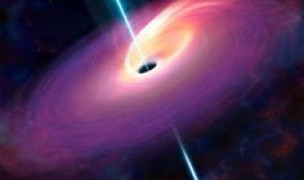 9 Terms
9 TermsHome > Industry/Domain > Astronomy > Planetary science
Planetary science
The scientific study of planets including Earth, moons, and planetary systems of the Solar System in particular and the processes that form them.
Industry: Astronomy
Add a new termContributors in Planetary science
Planetary science
Basalt
Astronomy; Planetary science
Fine-grained, dark-colored extrusive igneous rock with less than about 52 weight percent silica (SiO 2 ). Because of its low silica content, basalt has a low viscosity (resistance to flow. ) Basalt ...
Gamma ray
Astronomy; Planetary science
Gamma rays are like the light we see with our eyes, the x-rays used to probe our bodies in search of problems, and the radio waves that our television sets translate into inane shows. The only ...
Solar flare
Astronomy; Planetary science
A region of exceptional brightness in an atmospheric layer of the Sun, often associated with sunspots of complex magnetic fields.
Planetesimals
Astronomy; Planetary science
Bodies ranging in size from metres up to hundreds of kilometres in diameter that formed during the process that formed the planets by accretion. Most planetesimals accreted to form the planets.
Norite
Astronomy; Planetary science
Igneous rock found in the lunar highlands composed of plagioclase and pyroxene.
Silicate
Astronomy; Planetary science
A variety of minerals that always contain silicon (Si) and oxygen (O).
Solar conjunction
Astronomy; Planetary science
A condition where the solar elongation is zero, or practically speaking, so small that the celestial object cannot be seen in the glare of the Sun.


